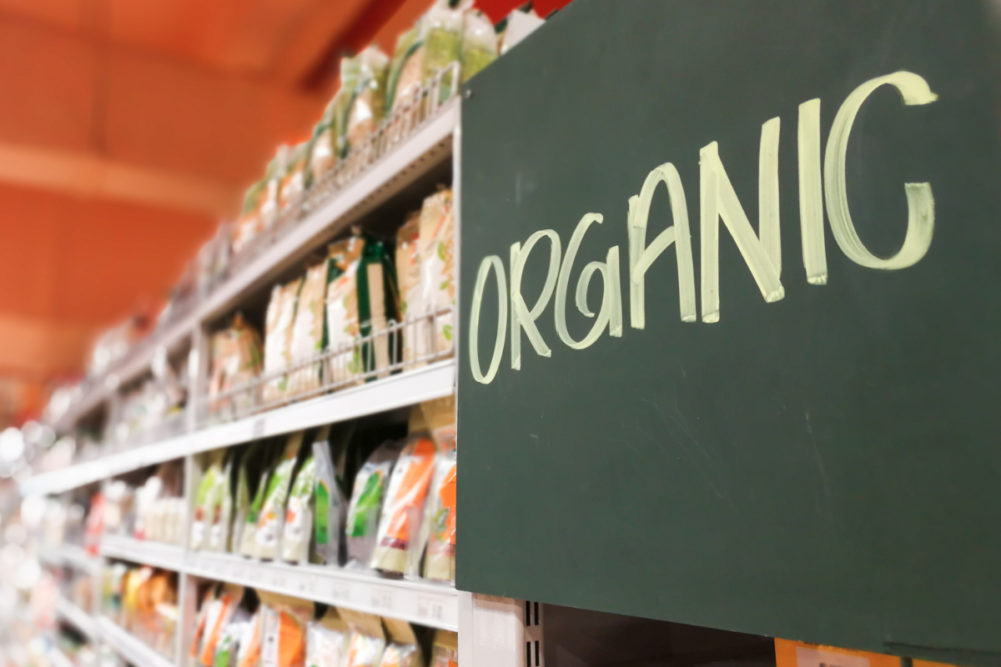Taste, once a barrier, has become a bonus for the organic category, said Laurie Demeritt, chief executive officer of Bellevue-based The Hartman Group.
“A couple decades ago, organic was thought by many consumers to not taste as good as conventional,” she said in a May 28 webinar. “Now it’s something that can be a defining characteristic of it. That relates back to the idea that they feel more care has gone into the organic growing and processing elements so there’s probably a better end product.”
The Hartman Group in January conducted a study involving 2,289 US adults of the ages 18 to 74. When asked what barriers kept them from buying organic foods and beverages, 7% said taste.
“What we’ve seen over the past seven to eight years is that organic has also become a symbolizer of quality, which is really interesting because when the organic market started, and I’m going back 40 years ago or so, people typically felt like they were having to give something up in terms of organic,” Demeritt said.
The top barrier was too expensive at 59%. Still, that percentage has decreased by 11 points in four years, Demeritt said.
“That is largely due to the fact that private label has entered in a very robust way in the organic marketplace,” she said, adding private label has driven down price perception among consumers.
The study looked at how people view organic, natural and non-GMO.
“Organic and natural are starting to mean very different things to consumers,” Demeritt said.
When people were asked the terms they associated with organic, the top five answers dealt with absences: pesticides, herbicides, antibiotics, growth hormones and GMOs. The top five terms people associated with natural were no artificial flavors, colors or preservatives, less processed, absence of growth hormones, absence of antibiotics and absence of pesticides.
Forty-five percent of the respondents connected organic with non-GMO. Organic items by definition must be non-GMO, according to the US Department of Agriculture’s National Organic Program.
Although the study occurred before the coronavirus struck the United States, Demeritt spoke on how the pandemic might affect the organic category.
“We do believe that despite all the changes that are going on right now with our economy, we’re going to see that many of those organic categories continue to do well because they are such an important part of consumers’ wellness routine,” she said.
She said the recession of 2008-09 may forecast upcoming shopping patterns. Many premium categories, including organic, performed well in the 2008-09 recession, but it varied by category. Organic milk was a bright spot.
“But they weren’t necessarily going to be spending as much for something like say organic cold cereal,” she said. “So there were tradeoffs being made, and we expect to see some of those same tradeoffs as we go into a recession in the next several months.”





